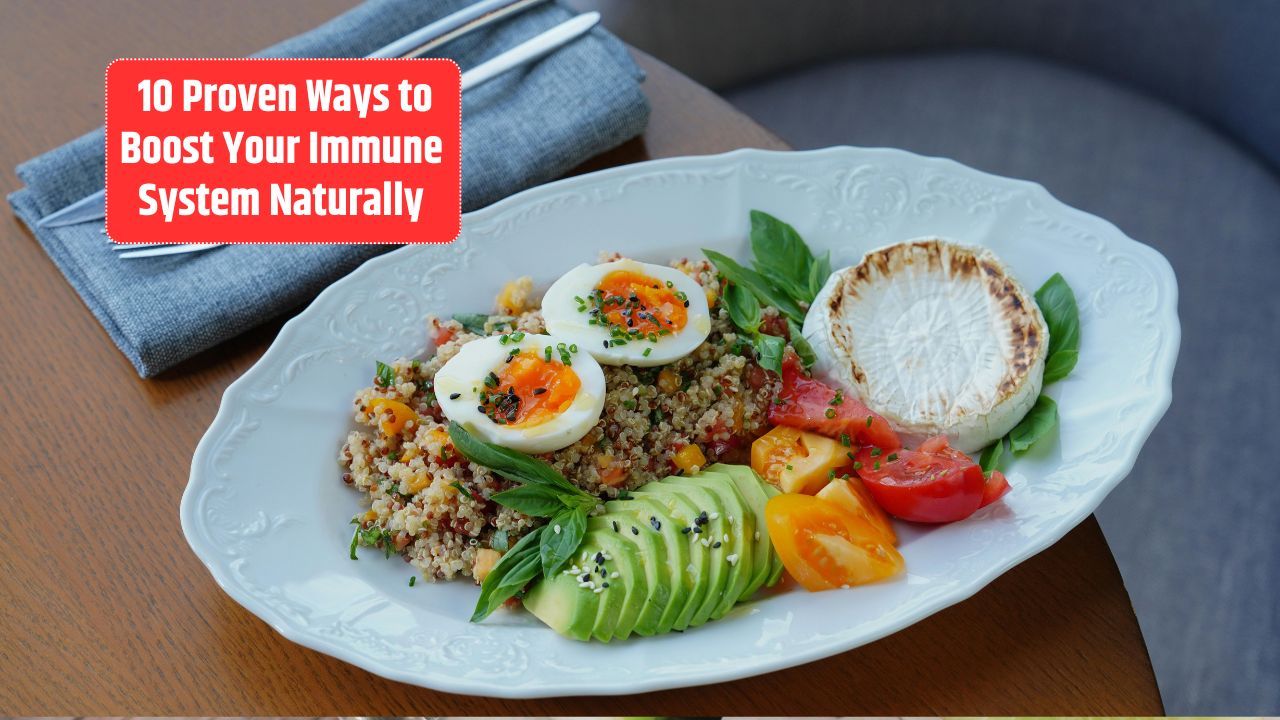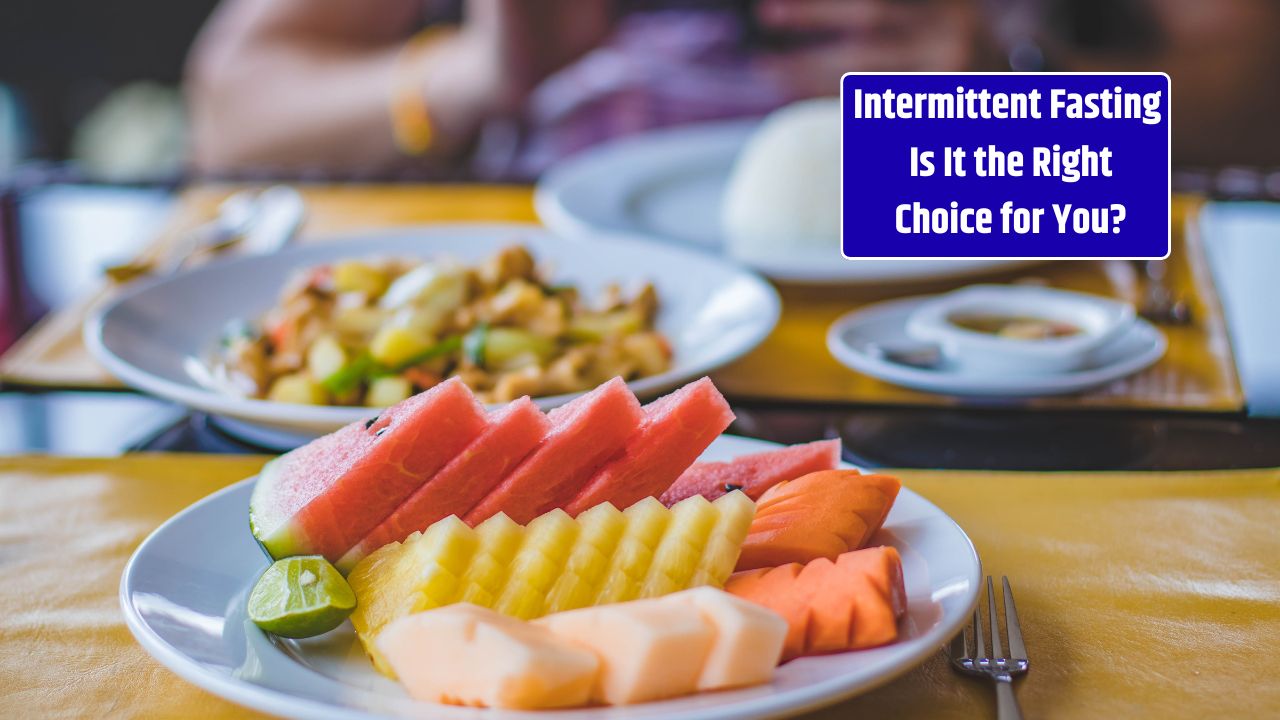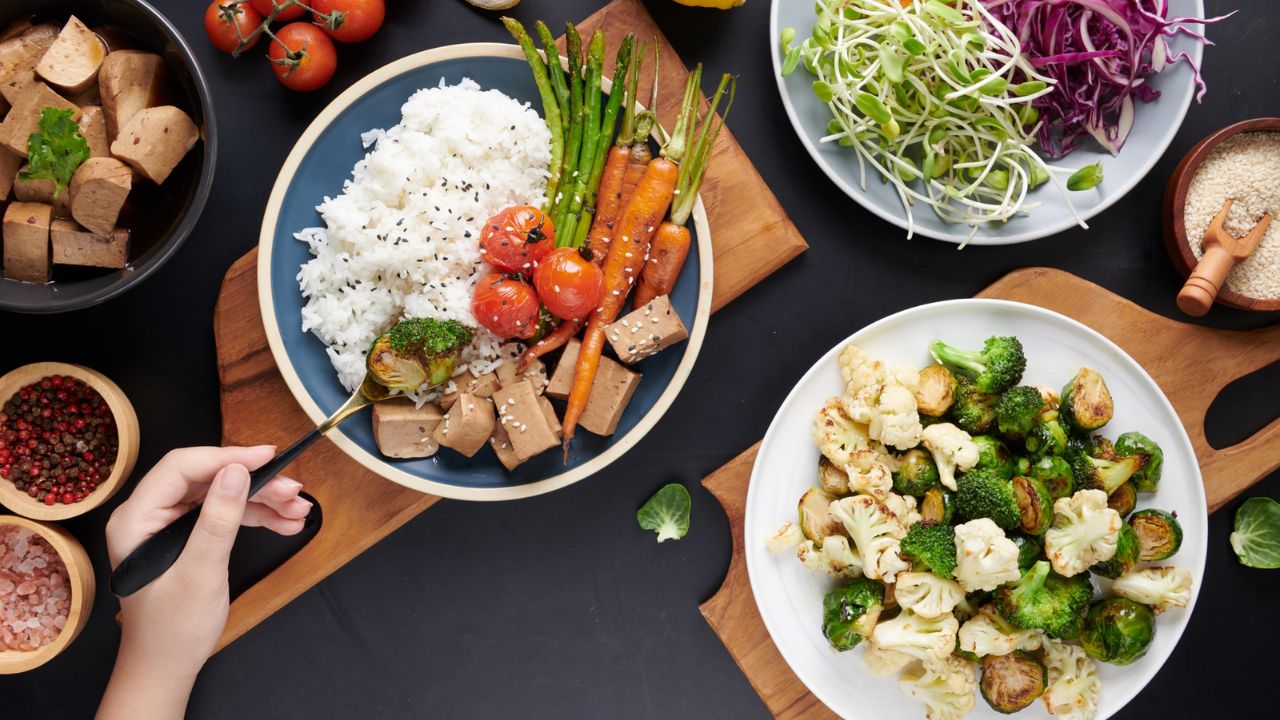If the last few years have taught us anything, it’s that health is fragile—and our immune system is the silent guard keeping us upright through flu seasons, viral outbreaks, and everyday infections. The good news? You don’t need fancy supplements or miracle cures. Science shows there are natural, practical steps to strengthen your body’s defenses, many of which are already within reach in your kitchen, your routine, or your sleep schedule.
1. Prioritize Quality Sleep
Your immune system recharges while you sleep. Adults need 7–9 hours per night, according to the National Sleep Foundation. Skimping on rest lowers the production of infection-fighting cells, leaving you more vulnerable to colds and flu.
2. Eat a Rainbow of Fruits and Vegetables
Different colors bring different nutrients—orange carrots for beta-carotene, leafy greens for folate, berries for antioxidants. The USDA’s MyPlate suggests half your plate should be produce. Fiber-rich fruits and veggies also fuel gut bacteria, which play a surprising role in immune health.
3. Stay Hydrated
It sounds basic, but water is crucial. Hydration keeps your lymph system moving, which transports immune cells throughout the body. Aim for at least 8 cups a day—more if you’re active. Herbal teas and water-rich foods (like cucumbers and melons) help too.
4. Get Regular Exercise
You don’t need to run marathons. Moderate exercise—brisk walking, cycling, yoga—boosts circulation, reduces inflammation, and helps immune cells move more effectively. The CDC recommends 150 minutes of moderate activity per week.
5. Manage Stress Effectively
Chronic stress is an immune suppressor. Cortisol, the stress hormone, can dampen the body’s defense mechanisms when elevated for long periods. Meditation, deep breathing, journaling, or even a simple daily walk can bring levels down.
6. Include Immune-Supporting Nutrients
- Vitamin C: Found in citrus fruits, bell peppers, and kiwi.
- Vitamin D: Sunshine vitamin—also in fortified dairy and fatty fish.
- Zinc: Beans, nuts, pumpkin seeds.
- Probiotics: Yogurt, kefir, sauerkraut for gut health.
These don’t need to come from pills; food-first is the best strategy. Supplements can help if your diet falls short, but consult a doctor before starting any.
7. Avoid Excess Sugar and Processed Foods
High sugar intake spikes inflammation and weakens white blood cells temporarily. Ultra-processed snacks might be convenient, but they’re often nutrient-poor and immune-draining. Think of sugar as a treat, not a staple.
8. Maintain a Healthy Weight
Obesity has been linked to impaired immune responses and higher risks during infections. Balancing calories with activity—not crash diets—is the sustainable route to a healthier immune system.
9. Don’t Neglect Hygiene and Vaccinations
Natural doesn’t mean ignoring modern medicine. Washing hands, safe food handling, and keeping up with vaccinations are critical in supporting your body’s defenses. Vaccines train the immune system much like a coach trains an athlete.
10. Foster Social Connections
Yes, friendships matter. Research from the National Institutes of Health (NIH) shows social isolation weakens immune response, while strong social ties improve resilience. Laughing, bonding, and staying connected are as vital as vitamins.
Quick Reference Table
| Habit | How It Helps | Everyday Example |
|---|---|---|
| Sleep 7–9 hours | Boosts immune cell production | Consistent bedtime, no late-night screens |
| Colorful diet | Provides vitamins & antioxidants | Add spinach, berries, peppers to meals |
| Hydration | Keeps immune cells circulating | Carry a reusable water bottle |
| Regular exercise | Improves circulation & reduces stress | 30-min brisk walk, 5x per week |
| Stress management | Lowers cortisol levels | Meditation, journaling, deep breathing |
| Key nutrients | Strengthens immunity | Citrus, yogurt, nuts, fatty fish |
| Limit sugar | Reduces inflammation | Swap soda for sparkling water |
| Healthy weight | Supports immune response | Balanced meals + moderate activity |
| Hygiene & vaccines | Direct protection | Wash hands, flu shot, food safety |
| Social connections | Improves resilience | Weekly catch-up with friends |
FAQs:
Can supplements alone boost my immune system?
Supplements may help fill nutritional gaps, but they’re not substitutes for a balanced diet and healthy lifestyle.
Is exercising too much harmful for immunity?
Yes. Excessive intense training without rest can actually weaken the immune system. Moderation is key.
How quickly can I improve my immune system?
Some changes, like better sleep, show benefits within days, while diet and fitness habits strengthen immunity over weeks to months.











